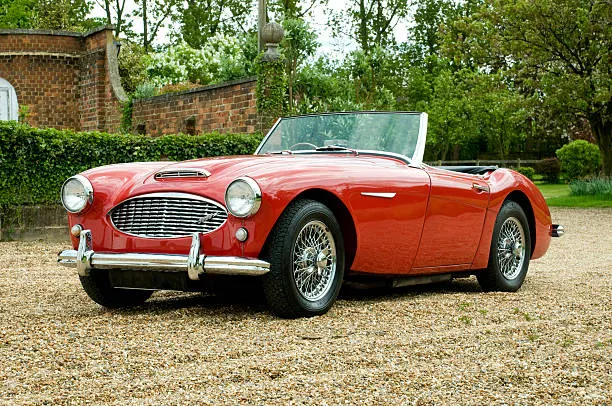Personal Finance Lesson 110 Assignment
In today’s assignment, I will look at the benefits and disadvantages of going to college, and decide if it is worth it. Then I’ll explore college alternatives.
What college provides:
- Education: This is what most people think of when they hear the word college. It is (usually) the main function of a college.
- Social activities: Some colleges also provide activities, events, clubs, and other entertainment options.
- Temporary Housing: If you are paying the fee for living on-campus, you have access to a dorm.
- Degree: This sits under the education category. Part of what you pay for going to college is the Masters or Graduates degree that you will receive if you stick with it.
Disadvantages of college:
- Price: Colleges are notoriously expensive, even the smaller-town community colleges! You will be paying for the education of course, but also your room (if you decide to get a room on-campus), your textbooks which can be surprisingly costly, and perhaps your food. Also your TIME!! College takes A TON of time. There are some ways to avoid these high prices and the cost of your time. I’ll be discussing them later.
- Loans: This fits under the price category. You will probably have to take out loans to go to college, and you may be paying them back for a long time!
- Stress: College is a very stressful time, and it can take a toll on health
- Travel: If you are in an out of state college, you must account for travel costs.
Whether you choose to go to college or not is a big decision, but there is no one-size-fits-all answer. It all depends on your circumstances. If you are thinking about going to college, think about the alternatives. You could take dual-enrollment classes while in high school. You can also take an apprenticeship, which is basically what it sounds like. You are apprenticed to someone in a particular field and learn about their job.
Overall, college offers a wide variety of benefits, and can be very fun! But it can also be expensive and stressful. Make sure to weigh your options and make your decision carefully. Personally, I think I would consider an apprenticeship or dual enrollment classes.
Thanks for reading!




